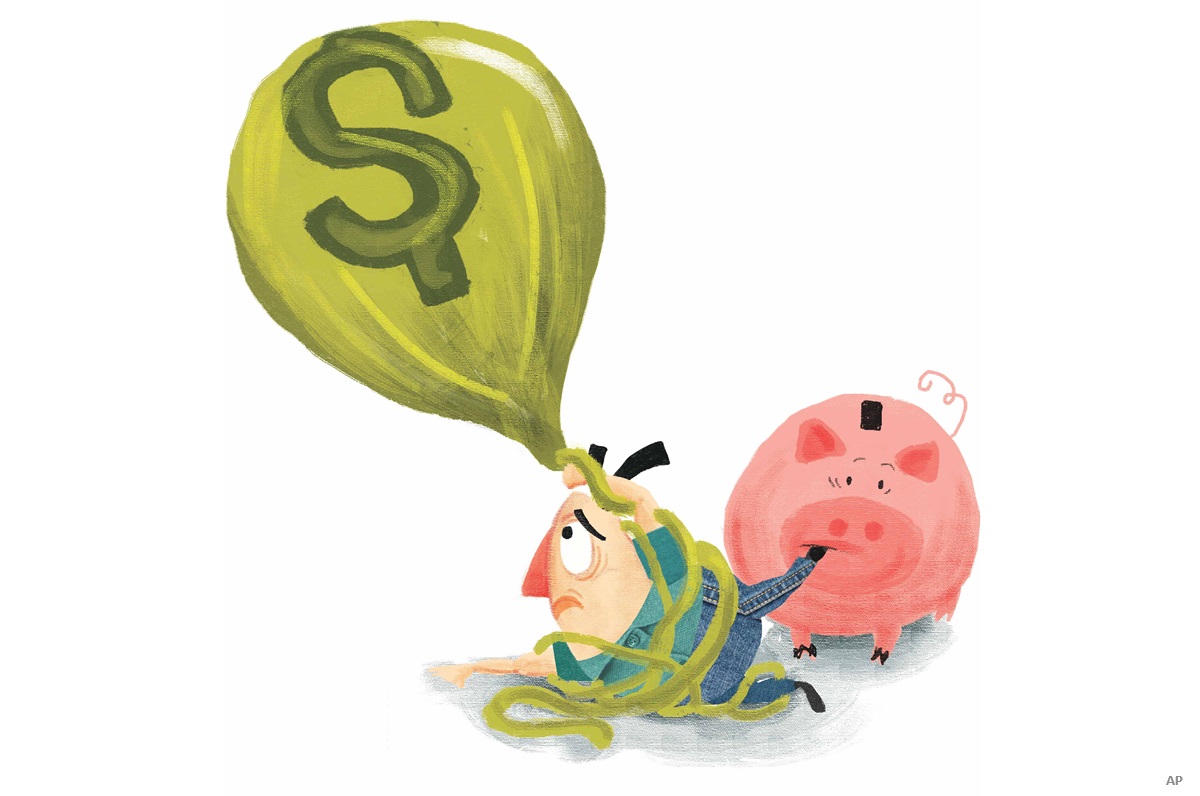
An approach to growth that’s diversified by both market cap and sector – and avoids oil, gas, and tobacco – has evolved from a successful investment philosophy practiced since 1964.
Erica Lau, has been Chief Executive Officer at Vancouver-based North Growth Management Ltd. and lead manager of North Growth U.S. Equity since November, 2019, but she is employing an investment philosophy practiced since 1964 by Rudy North, who founded North Growth and a predecessor firm.
Lau has been a team member with North Growth Management since the company was founded by Rudy North in 1998, after both she and North left another prominent Vancouver-based firm, Philips, Hager & North. The key tenet of their investment philosophy is “growth at a reasonable price,” and the fund’s delivered with a management expense ratio of only 1%.
Best Growth Is Sustainable
The fund invests in U.S. companies across the size spectrum with potential for long-term growth and capital appreciation. Although the investment philosophy is not dictated by environment, social and governance criteria, the fund does not invest in the oil and gas or tobacco industries.
North Growth U.S. Equity Fund has achieved an outstanding track record since it was first launched as PH & N U.S. Special Equity in 1992. The fund was later brought over to North Growth and had its name changed when the firm was launched in 1998. Ranked a gold medalist by Morningstar, as of Feb 12, 2021, the fund boasted a 13.49% average annual compounded return during its 29 years since inception, handily beating the 10.4% average annual return of the benchmark S&P 500 Index (C$).
Shorter-term performance has also been impressive, with the fund gaining 31.76% during the year ended Feb 12, 2021, far exceeding the 11.61% return shown by the S&P 500 (C$).
Money Ready to Put in Motion
“We entered last year with a cautious view corporate earnings were already in recession and equity multiples were at the high end of the range,” says Lau, who manages the fund along with team member Cynthia Yen, Alex Joshi and Jorge Marques. “The fund had 10% cash at the beginning of the year. Then Covid hit along with the bear market in March. We took advantage of the turmoil to add some names at attractive prices.”
Among the purchases at the time was furniture retailer, RH Inc. (RH), and restaurant operator Brinker Restaurant Corp. (EAT). Both of these names have appreciated significantly since their purchase.
“We are not minimizing the severity of the effects of the coronavirus and its deep and ongoing economic and social consequences,” says Lau. “But at all times we own a solid, broad-based portfolio of companies that can do well under adverse circumstances.
Not only is long-term growth potential important, but so is valuation, and the team uses a variety of metrics including price/earnings ratios to value stocks, steering away from or selling down those that appear too expensive.
For example, for several years the fund held significant holdings in some of the major tech giants that have soared in price, notably Apple Inc. and Microsoft Corp., but these positions have been gradually trimmed since 2016 as these firms have become expensive.
“Since 2008, the U.S. stock market has been dominated by some of the mega-cap tech stocks, but we feel they are over-valued and they don’t fit with our investment philosophy,” Lau says. “Instead, we’ve found many attractive shares outside of this group. It’s been a great environment for our investment strategy.”
Five Year Sweet Spot
Lau says she isn’t unduly influenced by macro-economic trends, but instead seeks companies with strong growth prospects over a five-year time horizon.
“While the macro-economic backdrop affects overall growth, the big picture doesn’t affect how we invest,” she says. “We seek good management teams that can deliver results in all environments, and will do well or emerge stronger in an improving environment.”
Management teams are evaluated based on their competitive position in the industry, length of management tenure, strategic plans, and how well plans have been executed, Lau says.
The fund has held no positions in fossil fuel companies since 2005, and this is due to declining growth prospects as the world gradually transitions to lower-carbon energy options. It does own three clean energy companies, including First Solar Inc. (FSLR), which makes solar panels, SolarEdge Technologies Inc. (SEDG), a provider of power optimizer, solar inverter and monitoring systems, and TPI Composites Inc. (TPIC), which manufactures blades for windmills.
The number of holdings ranges between 30 and 50 stocks, and currently stands at 45. No holding will exceed 10% of portfolio assets based on its purchase price, but Lau may let a position grow to more than 10%. Turnover last year was a relatively low 24%, but Lau says the team will take advantage of price swings to trade around the edges of some positions.
More Than Tech
North Growth U.S. Equity is currently invested in five of the 11 sectors represented in the S&P 500. There is no requirement to be exposed to all industry sectors, she says, although she keeps an eye on balance and diversification. Although all companies are headquartered in the U.S., many have global operations.
“We are cognizant of balance, and don’t want to be just a health care or technology fund,” Lau says. “We want a broad-based set of companies, even within individual sectors.”
Currently, the fund’s largest holding is Ciena Corp (CIEN), a manufacturer of network platforms and software enabling broadband access and supporting telecom service providers as well as government networks.
Other significant holdings include Bristol-Myers Squibb (BMY), a global biopharmaceutical firm with an extensive pipeline of drugs including those used in oncology, immunology and cardiology. Also in the top 10 are Jabil Inc. (JBL), a provider of electronics manufacturing services that has been diversifying into health care, and Applied Materials Inc. (AMAT), which makes manufacturing equipment for the semiconductor and electronic display industries.
The fund sold a position in wireless communications firm DSP Group Inc. (DSPG), a long-term holding that wasn’t performing up to expectations, and took advantage of last year’s price correction in March to add to multinational tech firm Nvidia Corp. (NVDA), which Lau believes has superior growth prospects.
How Exposed Is Your Equity?
Get The Global Makeup Of Equity Indexes With Our Free Tool Here






















